
Soprano
Iwona Sobotka
"A really unusual musician with a uniquely beautiful sound quality matched with fierce intelligence. " - Sir Simon Rattle
Represented by
Representation

"A really unusual musician with a uniquely beautiful sound quality matched with fierce intelligence. " - Sir Simon Rattle
Represented by
Representation
Jacek Kaspszyk, Conductor
Ran Arthur Braun, Stage Director
Jacek Kaspszyk, Conductor
Ran Arthur Braun, Stage Director
Pier Giorgio Morandi, Conductor
Guillermo García-Calvo, Conductor
Marcelo Lombardero, Stage Director
Guillermo García-Calvo, Conductor
Marcelo Lombardero, Stage Director
Guillermo García-Calvo, Conductor
Marcelo Lombardero, Stage Director
Amelia in Simon Boccanegra in Tokyo (Riccardo Muti), Leonora in Il trovatore at Teatro Carlo Felice Genova, title role in Iris at Teatro Regio Torino, Aida at Opera Hong Kong; Manon Lescaut at Tokyo Spring Festival, Stephana in Siberia in Piacenza; Marschallin in Der Rosenkavalier at the Baltic Opera, Aida and Turandot at Teatr Wielki Poznań.
Leonora in Il trovatore at NCPA Beijing; Senta in Der fliegende Holländer at the National Theater Taipei; Daughter in The Nose at Teatro Real Madrid; Roxana in King Roger at Chicago Opera Theatre; Turandot, Aida, Tosca, Manon Lescaut, and Desdemona in Otello at the Teatr Wielki Poznań; Rusalka at the Slovak National Theatre; Violetta in La traviata with the Polish National Opera; Magda in La rondine with the Silesian Opera.
In demand with world-top orchestras, concert highlights include Verdi's Messa da Requiem with Wiener Philharmoniker at Salzburg Festspiele (Riccardo Muti), Orchestre National de France (Riccardo Muti), and Singapore Symphony Orchestra (Hannu Lintu); Beethoven's Symphony No. 9 with the Berliner Philharmoniker (Sir Simon Rattle), the Czech Philharmonic (Semyon Bychkov), and Rundfunk-Sinfonieorchester Berlin (Vladimir Jurowski); Strauss's Vier letzte Lieder with the Orchestre Philharmonique du Luxembourg (Marek Janowski); Szymanowski's Stabat Mater with the Wiener Symphoniker (Andrey Boreyko) and London Symphony Orchestra (Sir Simon Rattle); Mahler's Symphony of a Thousand with the Royal Philharmonic Orchestra; Beethoven's Christ on the Mount of Olives with the Berliner Philharmoniker (Sir Simon Rattle); and Janáček's Glagolitic Mass with the Staatskapelle Berlin (Sir Simon Rattle) and Czech Philharmonic (Sir Simon Rattle).

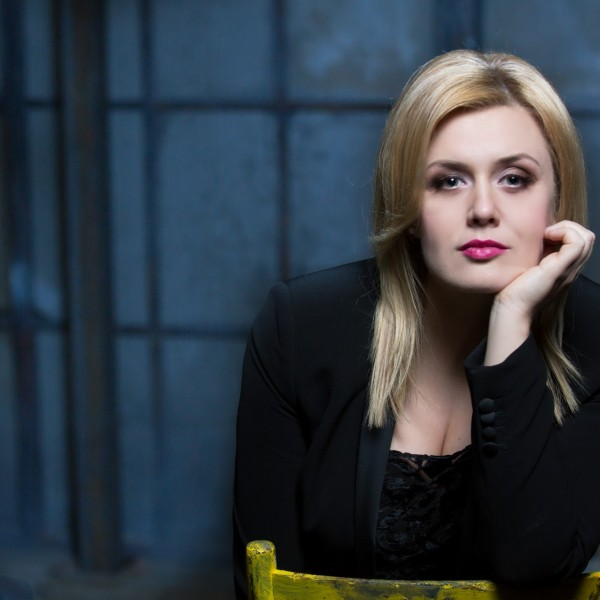
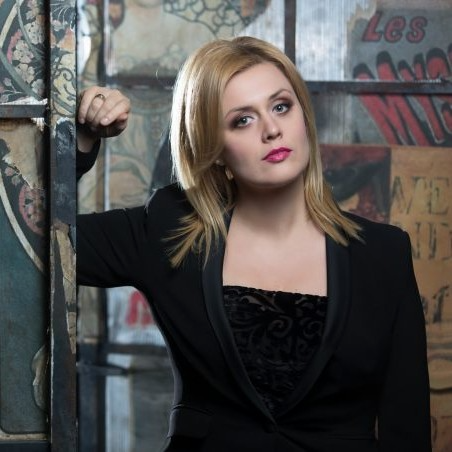
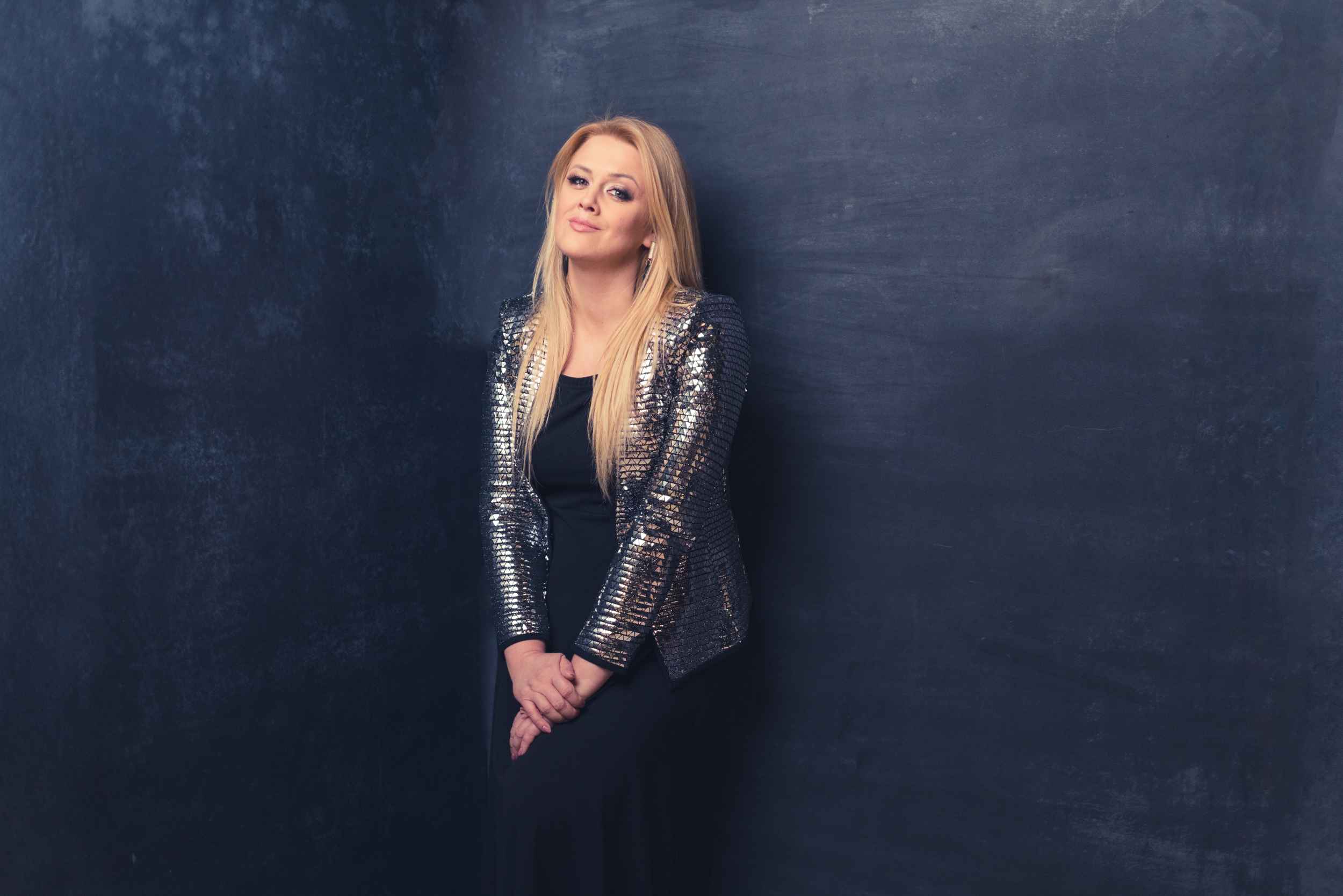
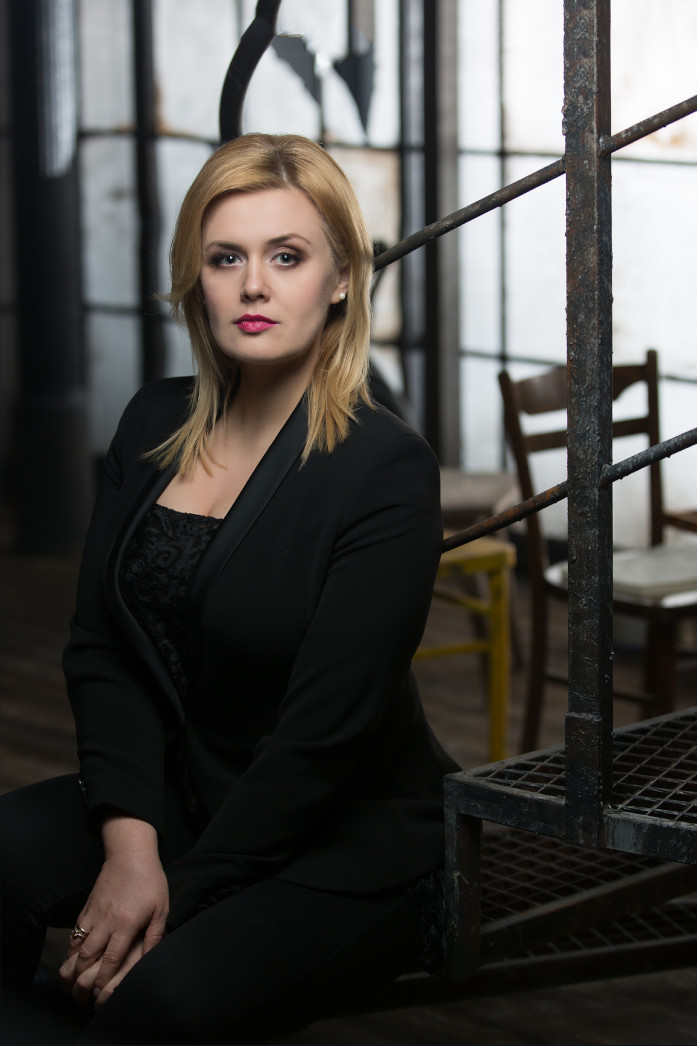
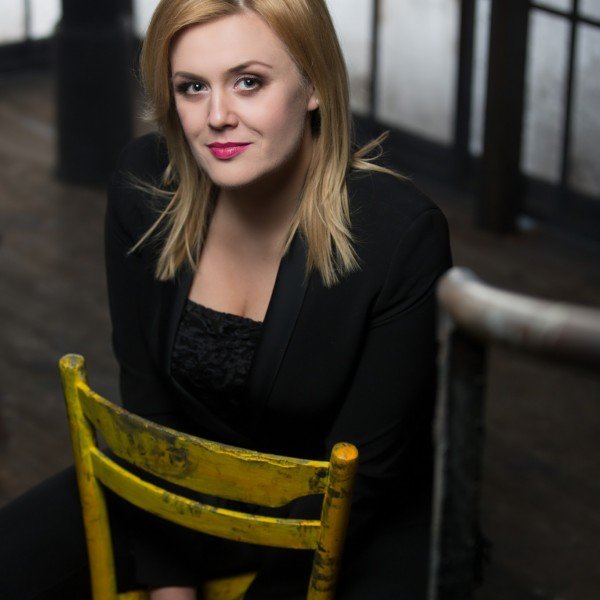
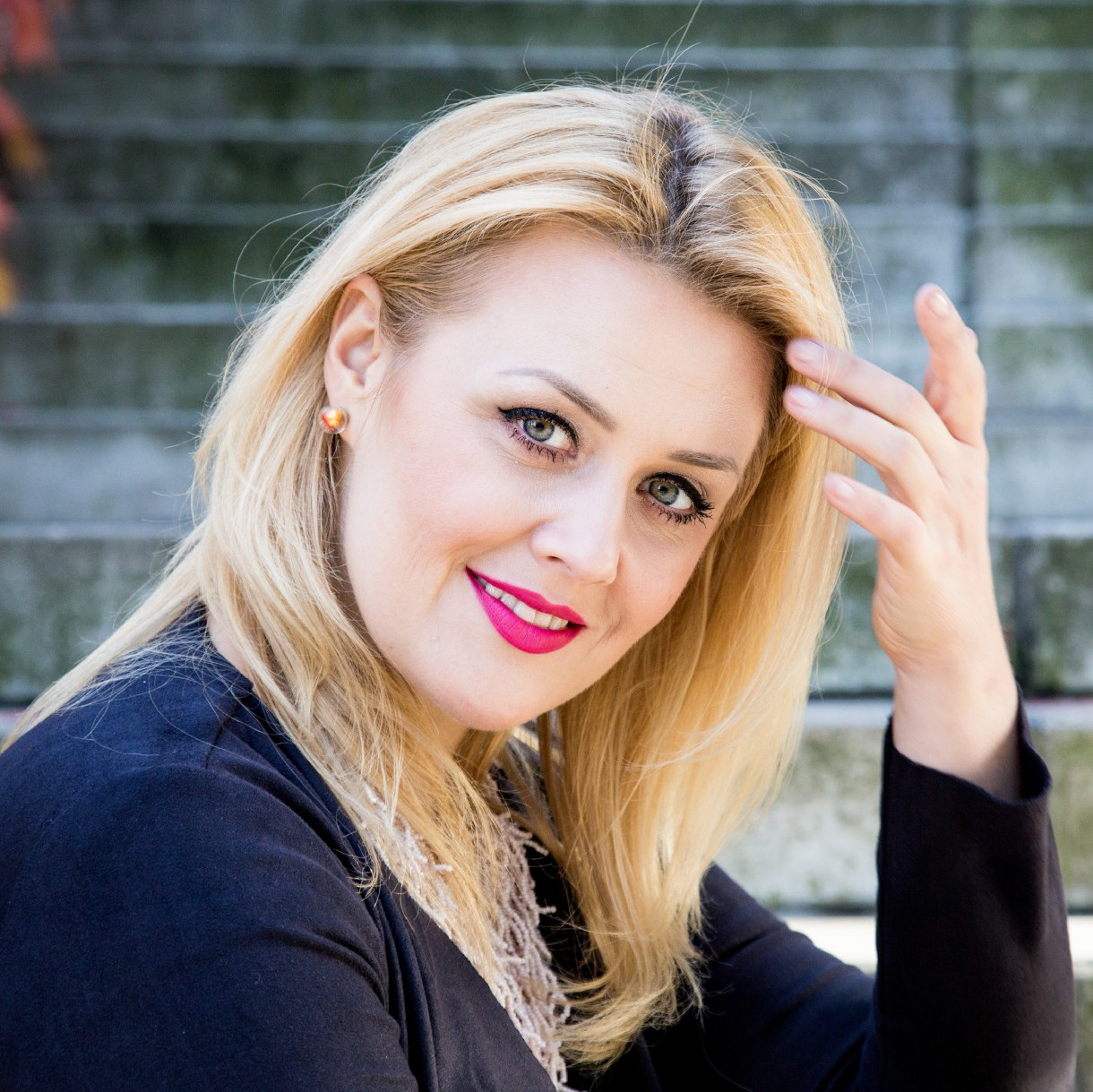
Il trovatore, Act 1: Tacea la notte placida - Di tale amor
Il trovatore, Act 1: Tacea la notte placida - Di tale amor
MANON LESCAUT - 'In quelle trine morbide'
MANON LESCAUT - 'In quelle trine morbide'
Verdi - OTELLO (Desdemona) Ave Maria, piena di grazia "Desdemona's Prayer"
Verdi - OTELLO (Desdemona) Ave Maria, piena di grazia "Desdemona's Prayer"
Rusalka
Mnesicku na nebi
Rusalka
Mnesicku na nebi
Puccini: Tosca - Vissi d'arte
Puccini: Tosca - Vissi d'arte
Alongside him, the soloists are fueled by the same fire, starting with the luminous and powerful voice of Iwona Sobotka, whose constant homogeneity unfolds effortlessly in a demanding and often exposed writing.” (Classykeo)
Iwona Sobotka makes her COT debut as Queen Roxana, who is spellbound by the mysterious Shepherd. Sobotka possesses a velvety soprano that eases into the upper register of Szymanowski’s Bel Canto leaning music. Chambers has a wonderful stage presence with a comic edge. His tenor is also well-suited to the baroque/bel canto role.
Polish singer, Iwona Sobotka, matched Godlewski’s intensity and provided a shimmering Queen Roxana. She persuasively championed the idea of love and brought seductive power to her Act II song inspired by the Shepherd.
Iwona Sobotka has a big, operatic voice with a touch of authenticity that only Slav singers command when singing in the vernacular, a passionate soulfulness and fervour.
La poderosa voz de la soprano polaca Sobotka nos presentó un ángel seráfico rico en matices, de amplio cromatismo y siempre segura, sabiendo adaptarse a la presencia rica de la voz del tenor, en el dúo que sigue a su primer recitativo.
Estupenda también la soprano polaca Iwona Sobotka como Serafín, en esa aria tremenda con una interválica rayana en lo imposible —plenamente lírica con buena coloratura
Iwona Sobotka’s recitative and aria as Seraph travelled with ease between truly hochdramatisch delivery and greater intimacy: operatic, then, in the best sense. Her coloratura glittered yet never for its own sake, put to excellent musico-dramatic use.
Sobotka’s portrayal of the Seraph’s divine presence was clad in exquisite vocal guise, encompassing the full variety of moods, ever admirably nuanced.
The apotheosis was reached in Iwona Sobotka’s singing of that central Lied; with a strong, glowing upper register, the Polish soprano encapsulated the soundworld of Berg’s anti-heroine.[...] Sobotka returned at the end of the evening for Schiller’s finale in the Beethoven, at the head of a quartet of soloists [...]. They were excellent.
Iwona Sobotka, who soared through the Beethoven solo soprano lines, had in the first half been the soloist in Berg’s Lulu Suite, her tone luscious, her highest notes teetering on the edge of vulnerability.
Iwona Sobotka’s lustrous soprano, and her gleaming tone and accuracy above the stave were ideal in the central Lied der Lulu and in the final despairing appeal of Countess Geschwitz.
Le Te Deum conclut superbement la soirée avec l’utilisation de tout le chœur et l’orchestre, ainsi que, dans les derniers instants, l’apparition d’Iwona Sobotka, dont le timbre angélique est renforcé par le placement de la soprano en haut du premier balcon derrière le public.
Pamina, sung beautifully by Soprano Iwona Sobotka on opening night. She played the heroine-in-need-of-rescue to perfection, but despite the sexism spouted by some characters, Pamina showed courage, determination and integrity. That said, she does fall into despair when she believes she is no longer loved by Tamino, and Sobotka sings Pamina’s aria with great feeling as she contemplates suicide.
The performers, led by Polish soprano Iwona Sobotka playing Pamina and supported by the WA Opera and WA Symphony Orchestra, were not deterred by the extravagant production, but revelled in it.
There is also impressive singing from Iwona Sobotka as Pamina
La soprano Iwona Sobotka tuvo momentos de brillantez, cumpliendo sobradamente el cometido.
introdujo unos pianísimos bien cincelados en los momentos precisos y unos agudos cargados de metal que le permitieron sobresalir ante tanto decibelio
la soprano Iwona Sobotka chante quelques passages en force dans le suraigu, mais nous fait rendre les armes par son interprétation bouleversante du Libera me conclusif, aux envolées aériennes et déchirantes.